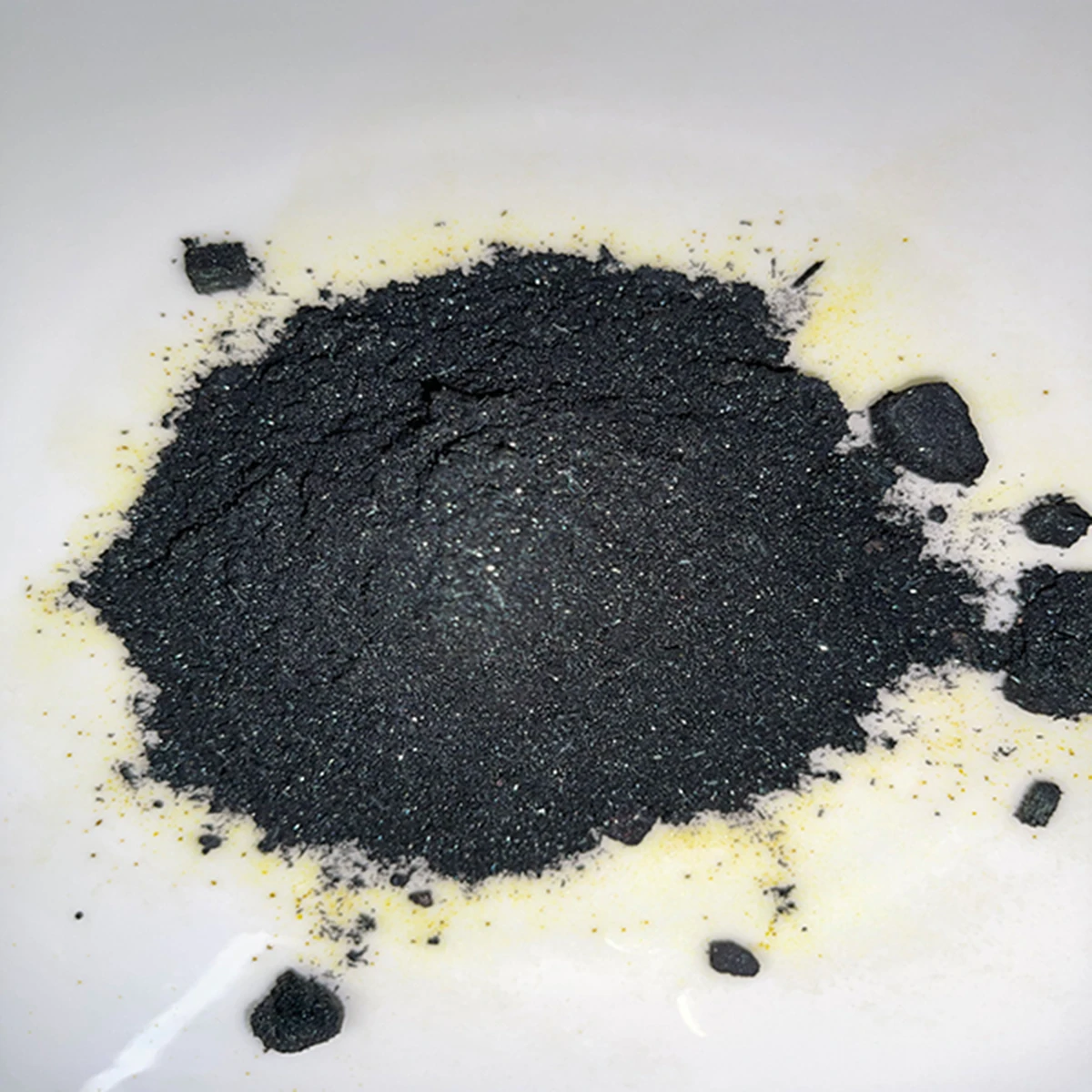



sodium hydrogen sulphate
Exploring Sodium Hydrogen Sulphate Properties, Uses, and Applications
Sodium hydrogen sulphate, commonly referred to as sodium bisulphate, is a chemical compound with the formula NaHSO₄. This acidic salt is formed by the neutralization of sulfuric acid with sodium hydroxide or sodium carbonate. It appears as a white crystalline solid and is highly soluble in water, making it a versatile compound in various industries. In this article, we will explore the properties, uses, and applications of sodium hydrogen sulphate.
Properties of Sodium Hydrogen Sulphate
Sodium hydrogen sulphate has several notable properties that enhance its utility in various applications. One of its most important characteristics is its acidic nature, with a pH of around 1.5 to 2.5 in solution, making it useful as a pH adjuster. This acidity is due to the presence of hydrogen ions (H⁺) in its structure. The compound has a molecular weight of 120.06 g/mol, which contributes to its chemical reactivity.
In terms of physical properties, sodium hydrogen sulphate is odorless and hygroscopic, meaning it can absorb moisture from the air. This characteristic necessitates proper storage in a sealed container to maintain its purity and effectiveness. When heated, the compound decomposes, releasing sulfur trioxide, which can further react with moisture to form sulfuric acid. This property suggests that sodium hydrogen sulphate should be handled with care, especially in high-temperature environments.
Uses of Sodium Hydrogen Sulphate
Sodium hydrogen sulphate serves multiple purposes in various industries, primarily due to its ability to act as a drying agent, pH regulator, and cleaning agent. Below are some of its prominent uses
1. pH Adjustment One of the primary uses of sodium hydrogen sulphate is in the adjustment of pH levels in swimming pools, spas, and other water treatment facilities. It effectively decreases pH levels when alkalinity is too high, ensuring optimal conditions for safe swimming and effective sanitation.
2. Industrial Applications In the industrial sector, sodium hydrogen sulphate is utilized in the manufacturing of dyes, pigments, and other chemical compounds. It acts as a key chemical intermediate in the production processes of several organic substances, enhancing their effectiveness.
sodium hydrogen sulphate

3. Cleaning and Disinfecting Agent Due to its acidic properties, sodium hydrogen sulphate is commonly found in various cleaning products, particularly those designed to remove mineral deposits and stains in bathrooms and kitchens. It effectively dissolves limescale and other inorganic deposits, making it invaluable in maintaining hygiene.
4. Food Industry In the food industry, sodium hydrogen sulphate is used as a food additive. It serves as a preservative and acidity regulator in certain food products, ensuring that they maintain their flavor and quality over time.
5. Laboratory Applications In laboratories, sodium hydrogen sulphate is used in various analytical procedures. It may act as a reagent in chemical reactions or as a standard for calibrating pH measuring equipment.
Safety and Environmental Concerns
While sodium hydrogen sulphate has many beneficial uses, it is essential to handle it with care due to its acidic nature. When in contact with skin or mucous membranes, it can cause irritation. Therefore, appropriate personal protective equipment (PPE) such as gloves and goggles should always be worn while handling this compound.
Environmental exposure to sodium hydrogen sulphate can lead to the acidification of soil and water bodies if not managed correctly. This environmental concern necessitates proper disposal and management practices to mitigate potential ecological damage.
Conclusion
Sodium hydrogen sulphate is a crucial chemical compound with diverse applications across various sectors, including water treatment, industrial manufacturing, cleaning, and food production. Its ability to regulate pH and act as a cleaning agent underscores its versatility. However, as with any chemical substance, it is vital to prioritize safety and environmental responsibility when using and disposing of sodium hydrogen sulphate. With ongoing research and innovation in chemical applications, sodium hydrogen sulphate is likely to continue playing an important role in both industry and daily life.
-
Why Sodium Persulfate Is Everywhere NowNewsJul.07,2025
-
Why Polyacrylamide Is in High DemandNewsJul.07,2025
-
Understanding Paint Chemicals and Their ApplicationsNewsJul.07,2025
-
Smart Use Of Mining ChemicalsNewsJul.07,2025
-
Practical Uses of Potassium MonopersulfateNewsJul.07,2025
-
Agrochemicals In Real FarmingNewsJul.07,2025
-
Sodium Chlorite Hot UsesNewsJul.01,2025










